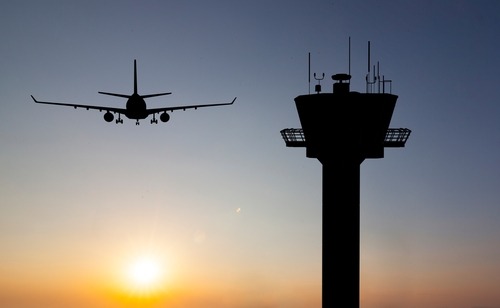
The U.S. House Transportation and Infrastructure Committee is scheduled to hold a hearing Wednesday to discuss its top priority: reforming the Federal Aviation Administration (FAA).
The hearing, The Need to Reform FAA and Air Traffic Control to Build a 21st Century Aviation System for America, will address a variety of problems, especially with the nation’s inefficient air-traffic control services.
“The nation’s aviation system is the safest in the world, but it is woefully inefficient to meet the increasing demands of the 21st century,” Shuster said. The “hearing will shine a spotlight on the challenges facing American aviation and highlight the urgent need for transformational reform of the FAA. We need to rethink the operation and modernization of our air-traffic control service in order to improve the system for the American people, passengers, and pilots.”
Testimony will be heard from Joseph W. Brown, president of Hartzell Propeller; Robert Poole, director of transportation policy at the Reason Foundation; Paul Rinaldi, president of the National Air Traffic Controllers Association; Dorothy Robyn, former special assistant to the president for economic policy; and Calvin Scovel III, inspector general of the U.S. Department of Transportation.
Air-traffic controllers in the United States use WWII-era radar technology to manage the most congested air space in the world, putting public safety at risk, U.S. Rep. Bill Shuster (R-PA), chairman of the committee, wrote in a May 11 editorial for the publication The Hill.
The Transportation and Infrastructure Committee is focused on advancing legislation that would privatized the air-traffic control system.
“Our proposal will shift air traffic control out of the government and establish a fully independent, not-for-profit corporation — essentially a co-op — to operate and modernize this technology service,” Shuster wrote. “The committee’s FAA reform proposal will give the average American flier a safe and more efficient aviation system, getting government out of the way to use 21st century technology and ensure more on-time departures, more direct routes and less wasted time on the tarmac.”
Passenger levels are approaching 1 billion annually while delays cost more than $30 billion a year.